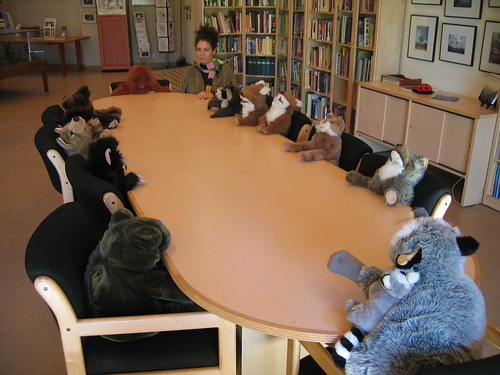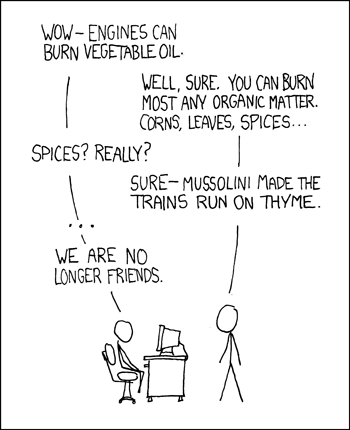Modelling democracy is an incredibly important role of the school council, but it’s something that’s easy to get wrong. The first thing to think about it what type of democracy you want to model. The simplest answer is to base it on our local or national model. The problem with this is that most people adults feel pretty disconnected from this. Another option schools go for is what some schools might call the ‘effective democracy’ model: there is some voting involved, but staff push certain students who they ‘know would get things done’ into position. This model of democracy has recently been rebelled against in various Arab countries, but is still being used in Zimbabwe.

I would suggest the type of democracy schools should want to model is one where:
a) People are engaged throughout the year, not just once when they vote.
b) Where representatives are picked they are selected solely by the people they represent.
What I mean by being engaged is that the whole school is involved in:
- Identifying issues
- Creating solutions
- Carrying them out
- Evaluating them
These aren’t things we expect other people to do for us, just because we elected them at the beginning of the year.
So, here’s what you need to do:
- Decide on what type of democracy you want to model – what values are important, not what structures.
- Decide on what kind of elections would best achieve this.
- Understand that any elections and representatives are just a small part of this.
- Get in touch with your local authority’s Democratic Services; they can help you out with ballot boxes, voting booths, etc.
- Give people plenty of warning about standing and help them to find out what it would mean to be a representative.
- Make sure your elections are open and fair and run in the same way across the school.
- Set up and keep up excellent communication between the whole school and the school council.
- Make sure everyone has the chance to get involved in problem solving through class councils, action teams, whole school meetings and so on.




